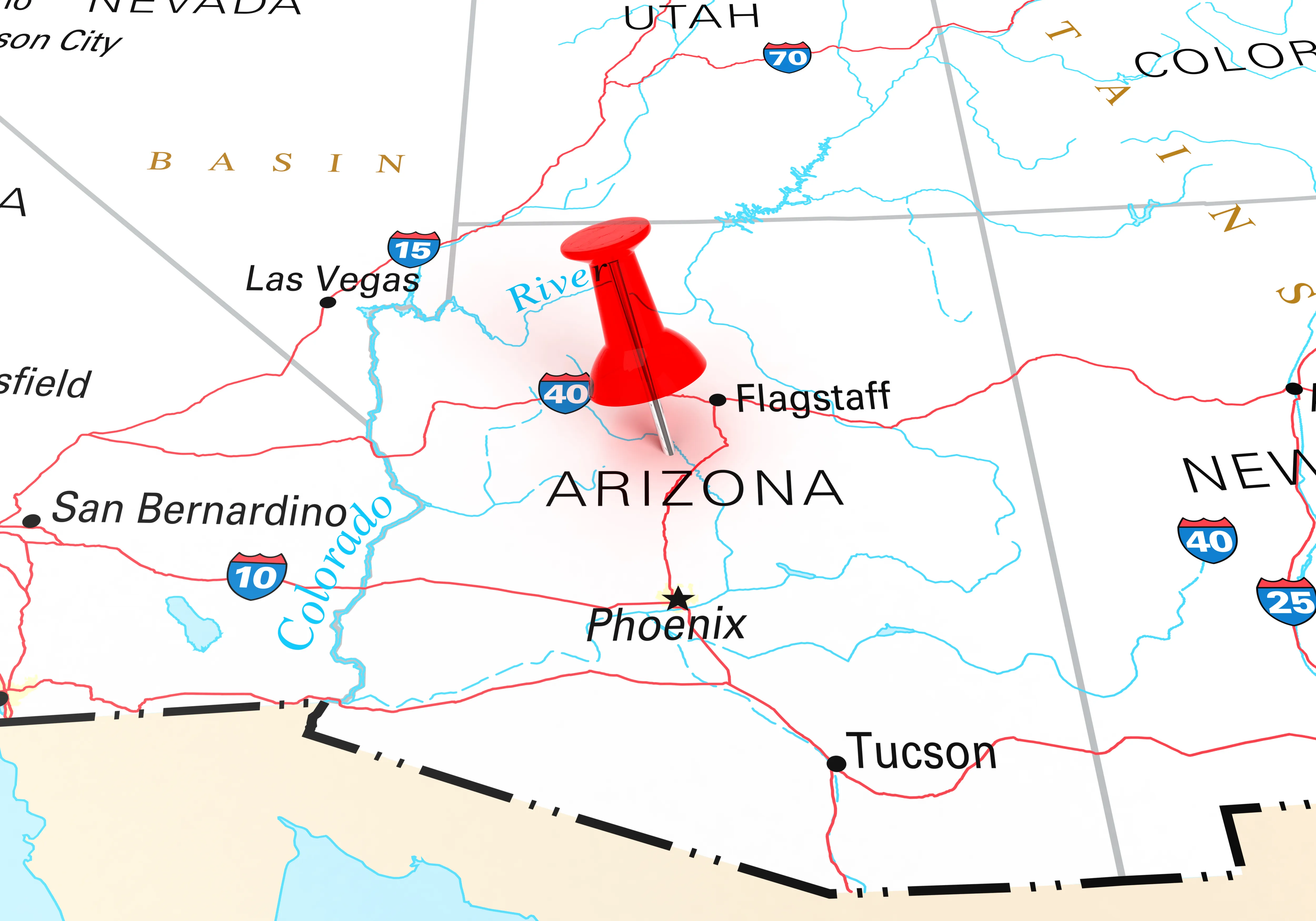
Colorado lacking housing affordability, pair of reports show
(The Center Square) – Colorado is facing mounting housing affordability issues when consumers continue to deal with rising inflation, a pair of separate reports released on Thursday indicate.
For renters, Colorado ranks as the eighth most expensive state, according to one report from the National Low Income Housing Coalition, which also estimated renters need to earn an average of almost $29 per hour to afford a two-bedroom apartment, up from $27.50 in 2021. People earning the state’s minimum wage of $12.56 need to work at least 75 hours a week to afford a one-bedroom apartment as well, the report said.
“Over the past two years, the COVID-19 pandemic and accompanying financial hardships have underlined and exacerbated the housing unaffordability faced by the nation’s lowest-income renters,” the report concluded.
According to the report, there are more than 720,000 renter households in Colorado, or approximately 34% of the total households in the state. The fair market rent in Colorado for a two-bedroom apartment has climbed to $1,505 per month including utilities. That’s up from the fair market rent of $1,430 that NILHC measured in 2021.
In order to afford this level of rent, workers must earn approximately $5,016 monthly to avoid becoming housing burdened, which is defined as paying more than 30% of one’s monthly income on rent and utilities, report said.
Another report released Thursday by the Common Sense Institute (CSI), a free-enterprise think tank, says that housing affordability in the state is at its lowest level in over three decades.
More than 98 percent of Coloradans live in a county with an aggregate housing supply shortage, according to CSI’s report. This deficit was measured between 93,000 and 216,000 units through 2020.
Meanwhile, household incomes have not kept pace with the rising cost of housing. Between June 2015 and June 2022, the average hourly wage increased 31 percent to $34.62 from $26.41. But the report found that the average number of hours of work needed to cover the median mortgage payment jumped from 43 hours to 80, an 86 percent increase.
“We are at a crisis point and ‘business as usual’ is simply not acceptable,” Peter LiFari, CSI’s housing policy fellow, said in a statement. “It’s time for a transformational change and that starts with bold policy actions from our elected officials.”
















